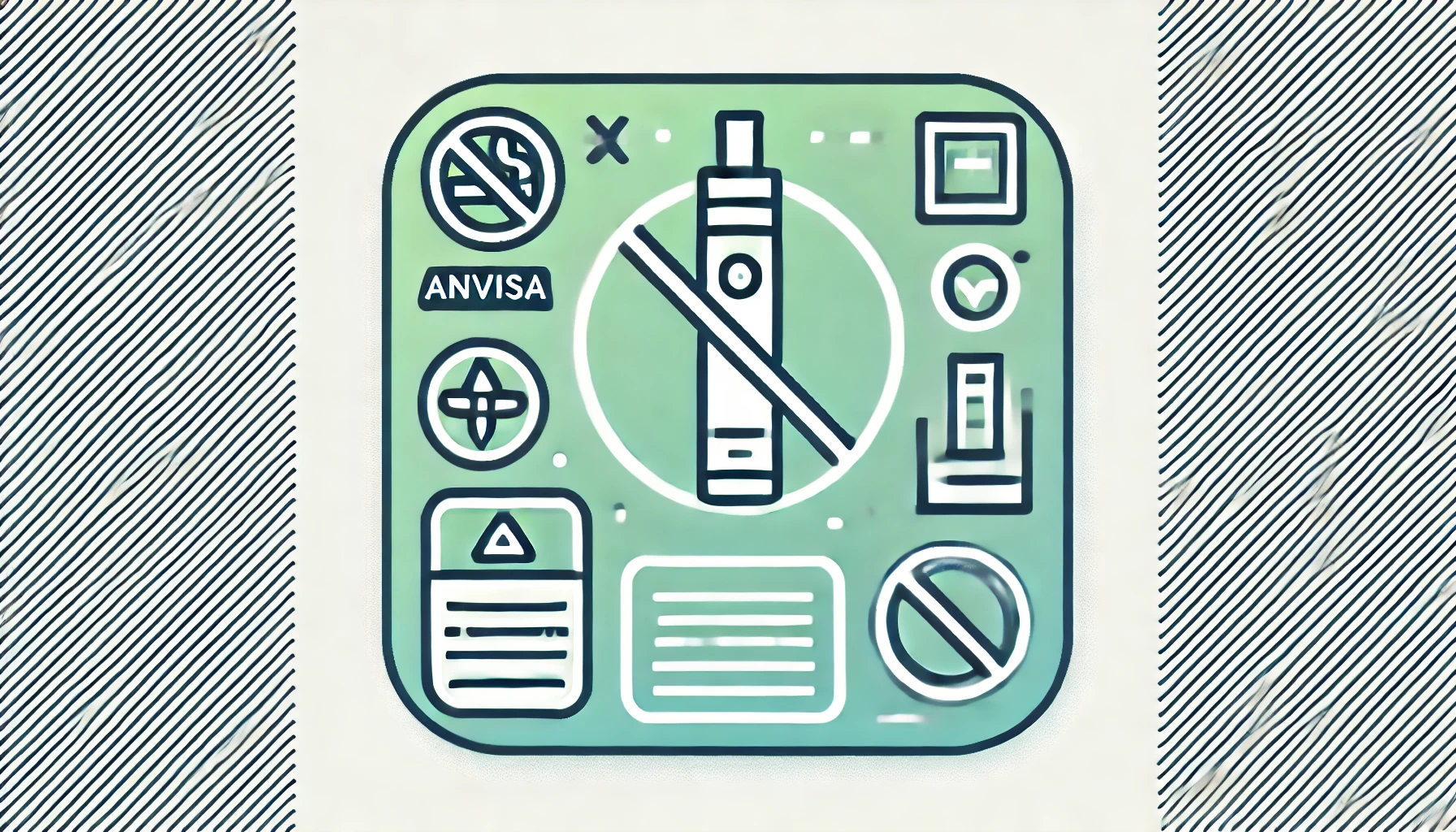INCA and Fiocruz Unite to Strengthen Tobacco Control in Brazil, Expanding Research and Public Awareness Against E-Cigarettes

Brazil e-cigarette ban 2024 reflects a decisive move to protect public health by maintaining strict regulations on Electronic Smoking Devices (DEFs). This includes all forms of vapes, e-cigarettes, and heat-not-burn devices. Spearheading these efforts, the National Cancer Institute (INCA) and Oswaldo Cruz Foundation (Fiocruz) have partnered to expand research on DEFs and elevate public awareness of the associated health risks. Their initiative provides an essential framework to counter industry pressures, maintain tobacco control progress, and keep harmful products out of the Brazilian market.
Schedule a meeting with our regulatory experts to learn more about streamlining your product registration journey.
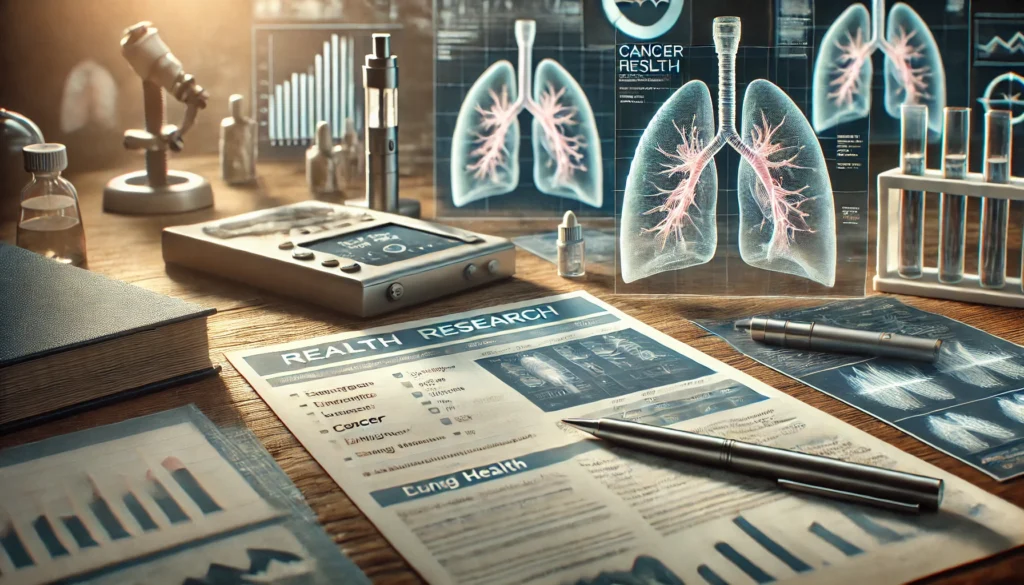
INCA and Fiocruz Join Forces on E-Cigarette Research
Under Brazil e-cigarette ban 2024, INCA and Fiocruz’s cooperative efforts focus on research to counteract misleading industry marketing strategies and protect public health. INCA and Fiocruz’s cooperation aims to foster research on the health impacts of e-cigarettes and to counteract marketing strategies that target youth and vulnerable populations. As influential public health institutions, they are building a robust body of scientific evidence to support the long-standing e-cigarette ban in Brazil. Their work not only underscores the risks posed by DEFs but also strengthens the national tobacco control strategy by equipping policymakers with the data needed to reinforce and defend existing regulations.
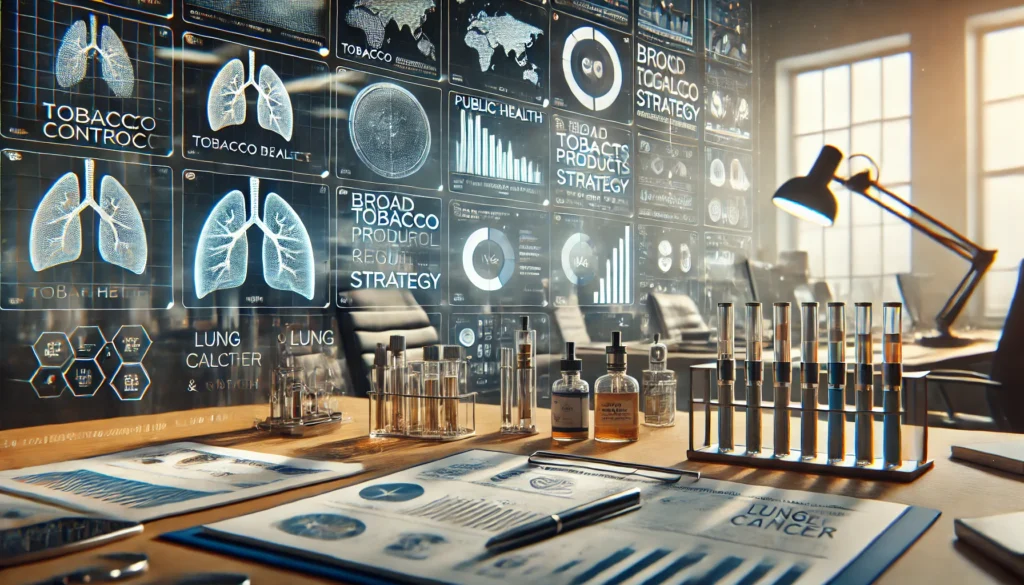
E-Cigarettes and Brazil’s Broader Tobacco Control Strategy
Brazil’s 2024 e-cigarette ban builds upon the country’s stringent tobacco control measures. Brazil’s strict approach to tobacco regulation has seen a marked decline in smoking rates, positioning the country as a global leader in tobacco control. However, e-cigarettes present a challenge by introducing nicotine in novel forms that may appeal to new demographics, including youth. With the RDC 855/2024, Anvisa reaffirms the DEF prohibition, maintaining Brazil’s course on tobacco control while promoting a nicotine-free environment as a fundamental public health priority.
Schedule a meeting with our regulatory experts to learn more about streamlining your product registration journey.

Industry Perspective and Global Comparisons
Globally, e-cigarette manufacturers claim reduced risk as a public health strategy. Yet, INCA and Fiocruz emphasize that Brazil’s strong public health stance prioritizes prevention over harm reduction, especially as emerging research on DEFs reveals various health risks. This approach differs from markets like the UK and Japan, where specific regulations govern DEFs, showcasing Brazil’s unique regulatory framework under the Brazil e-cigarette ban 2024.
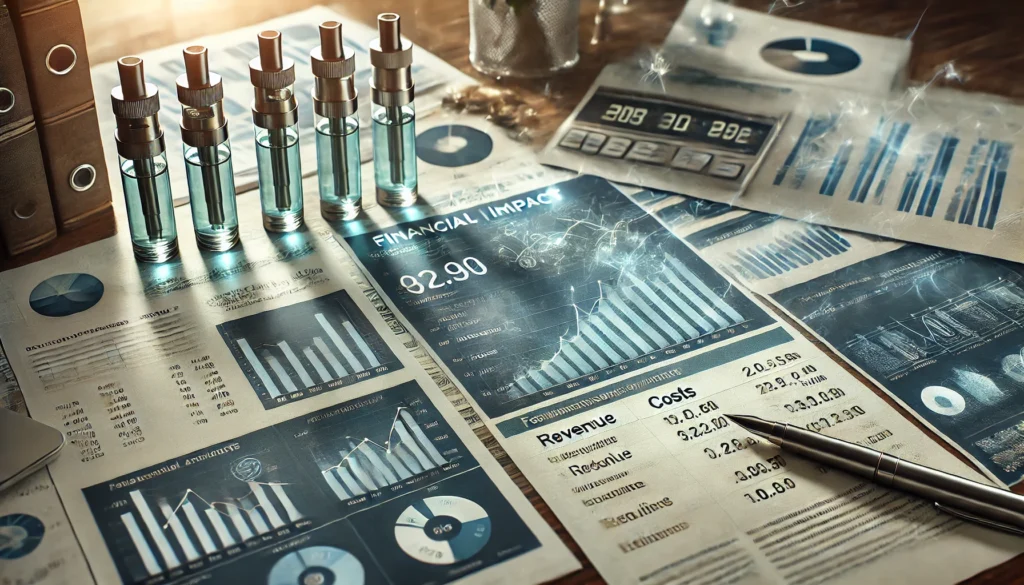
Financial Impact and Industry Insights
Globally, the vaping and e-cigarette market is projected to reach billions in revenue. However, Brazil’s strict stance has limited the financial impact of this industry domestically, maintaining a barrier against illegal DEFs in a country where tobacco control efforts save billions annually in healthcare costs. As INCA and Fiocruz continue their educational campaigns, public understanding of DEF-related health risks strengthens, further justifying Brazil’s regulatory approach.

Understanding Brazil’s 2024 E-Cigarette Regulations and Public Health Focus
Anvisa’s review of DEF regulations began in 2019, and through multiple public consultations, regulatory assessments, and stakeholder dialogues, it arrived at RDC 855/2024, which upheld the existing ban while expanding enforcement. Anvisa’s comprehensive approach reflects Brazil’s public health-first strategy and supports the regulatory groundwork laid by INCA and Fiocruz for greater tobacco control.
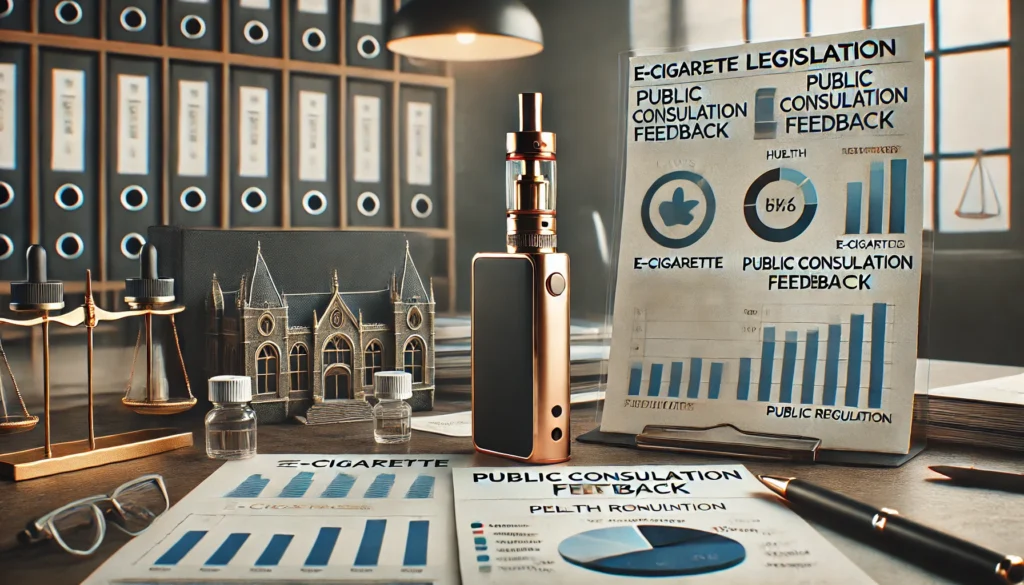
E-Cigarettes Legislation and Public Consultations
Brazil’s dedication to regulatory transparency includes multiple public consultations, like Public Consultation 1,222, conducted by Anvisa in 2023. These consultations enabled stakeholders, public health professionals, and concerned citizens to voice their perspectives, fostering a community-driven approach to tobacco legislation. In conjunction with INCA and Fiocruz, these public engagements highlight the government’s commitment to health-centered decision-making.
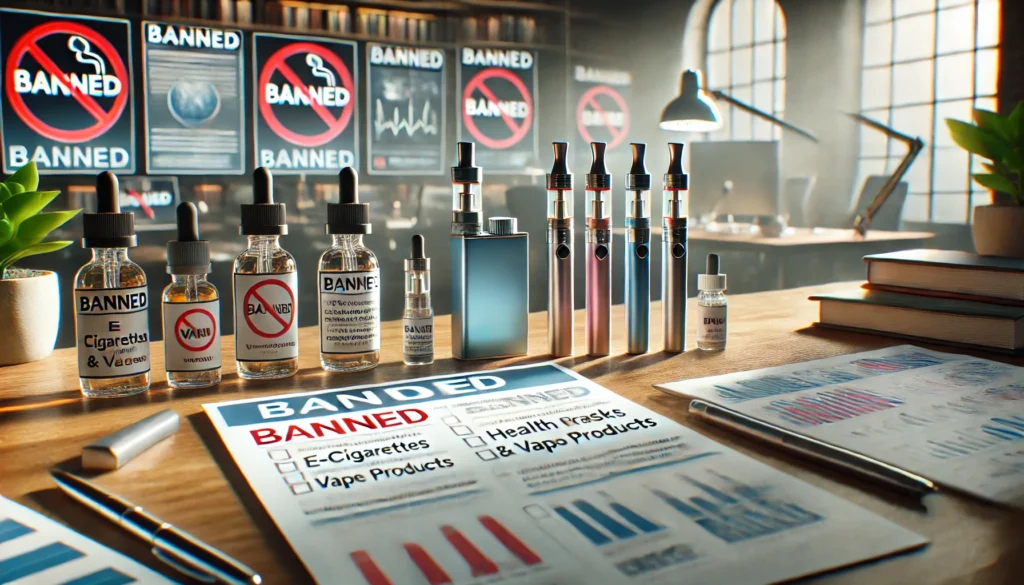
INCA and Fiocruz on the 2024 Brazil E-Cigarette Ban: Strengthening Scientific Research and Public Awareness
INCA and Fiocruz are committed to expanding scientific research on e-cigarettes, particularly their effects on health, and to countering the misleading narratives promoted by the DEF industry. Through their ongoing research, INCA and Fiocruz aim to keep Brazil’s health policies informed by evidence-based insights, providing policymakers with reliable data to safeguard public health.

Conclusion: Navigating Brazil’s Regulatory Landscape with Hegemoni Regulatory & Business Solutions
For international businesses navigating Brazil’s complex regulatory environment, Hegemoni Regulatory & Business Solutions offers the expertise and guidance needed to understand and comply with local legislation. With insights into Brazil’s strict e-cigarette policies, Hegemoni supports clients with tailored strategies for safe and effective market entry. Contact Hegemoni today to explore regulatory solutions for your business in Brazil.

